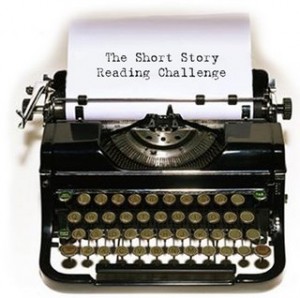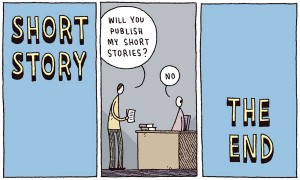Introduction
First, we need to learn from the professionals by reading some short stories. Get ready for the…
Lamb to the Slaughter by Roald Dahl
Thank You M’am by Langston Hughes
The Diamond Necklace by Guy de Maupassant
‘An Occurrence at Owl Creek’ by Ambrose Bierce
♣
Now that we have read these stories, we need to find a way of taking them apart and seeing how they work. This is called ‘analysis’. Use the documents below to help you as you learn how to do this in class.
G7 Short Story Analysis Project
Here’s an example of how to put this knowledge into practice.
The-Diamond-Necklace-Plot-Analysis-Student
♣
Dialogue is very important to story-telling. It’s not easy to write convincing, life-like dialogue that really sounds like speech.
We have all read ‘Lamb to the Slaughter’. Practice your dialogue writing skills by turning the story into a stage play.
Lamb to the Slaughter Dramatisation Instructions
♠♥♣♦
Assessed Task
Now it’s time for you to have a go at your own short story.
You will have some time to work on this in class. Note that we will follow the writing process, including a peer editing session.
Watch Veracross for dates.
Remember, the best short stories will be published in the ‘Purple Duck’ – the school’s very own literary magazine. Find it here.


